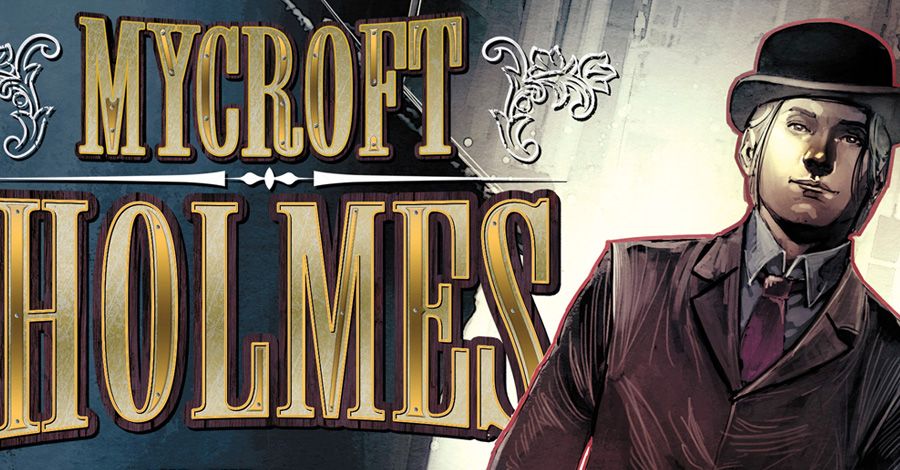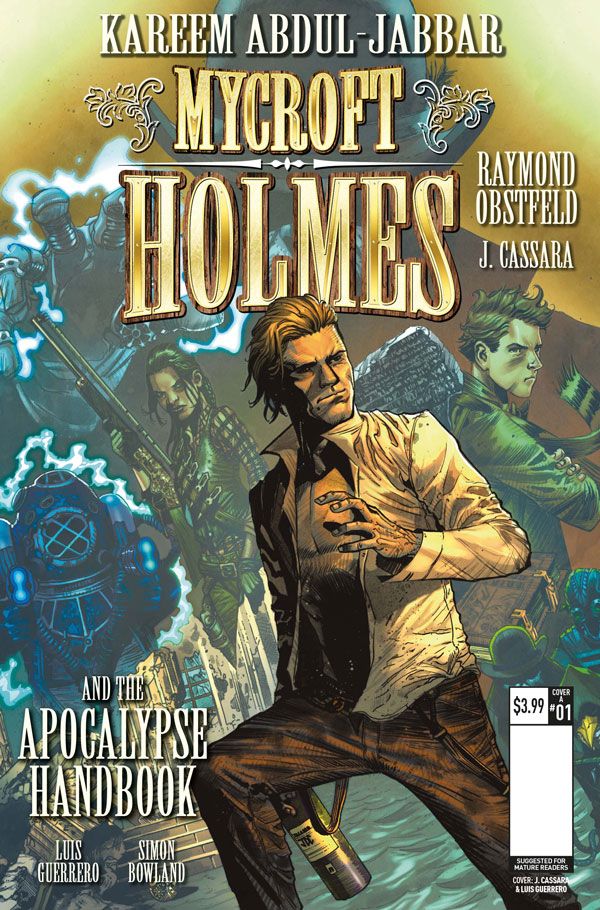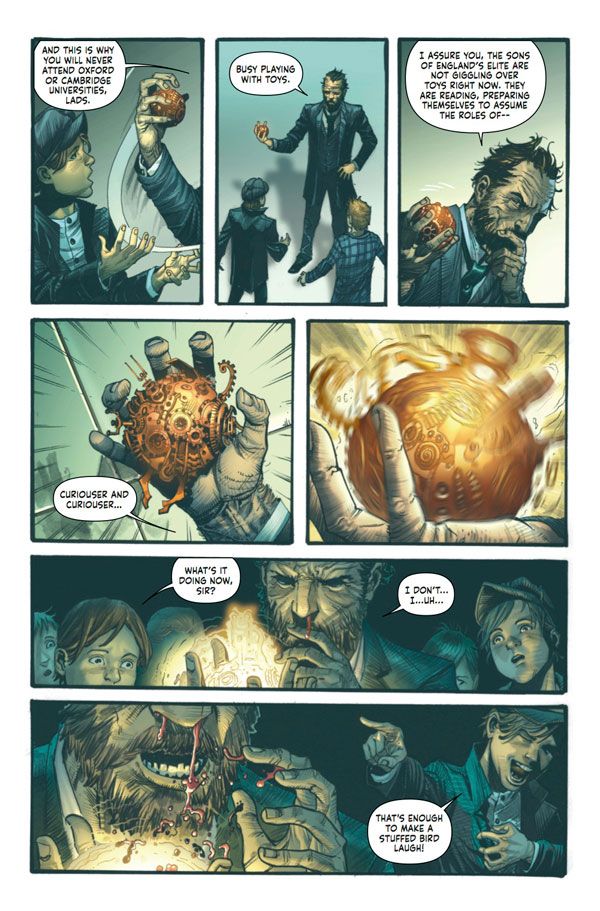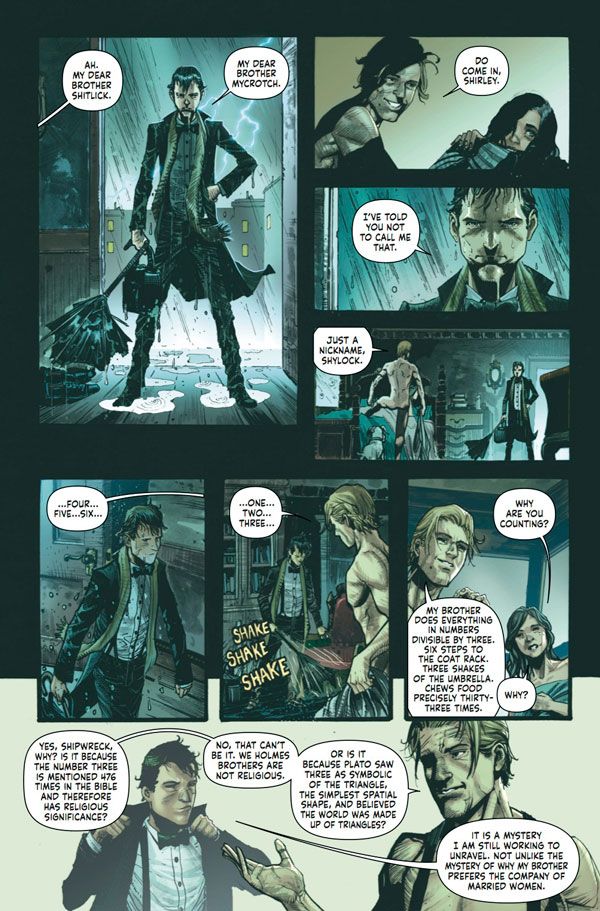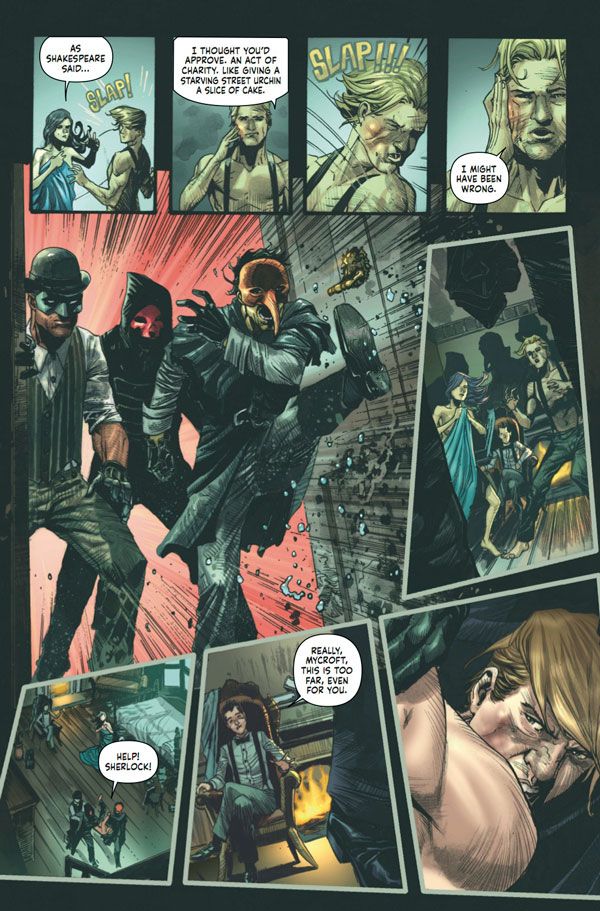Kareem Abdul-Jabbar is a columnist for "Time" Magazine, a bestselling author, and a global Cultural Ambassador, a position he was appointed to in 2012 by Secretary of State Hillary Clinton. He's also the co-author of many books including "Brothers in Arms: The Epic Story of the 761st Tank Battalion, WWII's Forgotten Heroes," the children's book series "Streetball Crew" and "Giant Steps." He's produced documentaries like "On the Shoulders of Giants."
Of course, for most people Abdul-Jabbar is one of -- if not the -- greatest basketball players of all time. He's the all-time leading scorer in the NBA, winning six championships, was named MVP six times, and was a nineteen time all-star over the course of a twenty season career. When the Hall of Famer was in college at UCLA, he won three straight college championships, was a three-time first team all-American, and was named college player of the year -- twice. He was so dominant, the NCAA actually banned dunking after his sophomore season.
Last year, Abdul-Jabbar and Anna Waterhouse co-wrote the novel "Mycroft Holmes," about Sherlock's famous older brother. The meticulously researched book featured a younger, different Mycroft than Holmes fans are accustomed to. Now, Titan Comics is publishing "Mycroft Holmes and the Apocalypse Handbook," a collaboration with Raymond Obstfeld, Joshua Cassara and Luis Guerrero, offering a different take on young Mycroft in government service.
CBR News: When did you become a Sherlockian? Or at least a reader of Holmes?
Kareem Abdul-Jabbar: I read a few Holmes stories when I was a teenager, but really began reading them in earnest when I was in the NBA. There's so much down time when traveling from city to city, which I spent reading novels and history books. But when I rediscovered Sherlock Holmes, it was like throwing open a window and letting in fresh air. Like most fans, I tried to train myself in his powers of observation, which came in handy when evaluating opposing teams.
Are you a big reader of mystery novels in general?
I am a huge fan of mystery novels. At their core, mystery novels are morality tales in which characters must grapple with choices of right and wrong. The best mystery writers offer layered protagonists who struggle who try to restore justice and order to the chaos created by murder.
You're a historian, but your books tend to be about the 20th Century. What interested you about the late Victorian period?
The Victorian Period is in many ways a renaissance period for Britain. Fabulous machines were being made, amazing scientific discoveries abounded, and the class system was being challenged. The changes that were occurring were revolutionary and the effects rippled across the world.
What interested you about Mycroft, specifically?
The stories barely mention him, except to say he was smarter than Sherlock, but less disciplined. I had the opportunity to create a character as I imagined him to be, without any influence from other sources. I love origin stories in comic books, because it's exciting when characters discover their powers and find their purpose. With Mycroft, I was challenged to write a character smarter than Sherlock, and yet much more human in his emotions.
What is the comic "Mycroft Holmes and the Apocalypse Handbook," and what is its relationship to the novel?
There is no relationship to the novel. It's like an Elseworlds, or Earth-2, or alternate reality in that the Mycroft I created for the comics is 27, still hanging around Cambridge University because he lacks any ambition, gambles, goads his professors, and is a bit of a playboy. But over the course of the first five issues, when he's pressed into service by Queen Victoria, Mycroft comes to find his passion. He's still a brilliant rogue, but he's Britain's brilliant rogue.
In fact, the Mycroft in the comic book is older than the one in the novel. I wanted to create a completely different take on him for the comics. This Mycroft is a womanizing gambler with no direction -- until he's forced to help his country fight a devastating force of evil. I've always enjoyed stories about characters who are forced to stop living selfishly and use their amazing abilities to help others. That transformation is exciting.
How do you approach writing a comic book?
With the idea that I'm going to make this a much fun for the reader as possible. I wanted the wit of Matt Fraction and Brian K. Vaughn, a little of the edge of Garth Ennis, and the broad adventure of Alan Moore. Of course, who wouldn't want that. I'm happy if we got a fraction of their genius on our pages.
How much research and reference do you need to do to write fiction? How does it compare to how much research you do when you're writing nonfiction?
There's a lot of research that goes into both my fiction and non-fiction. I guess it's part of my passion for history that I want to know as much as possible about any topic that I write about. For the Mycroft stories, I had to do a lot of research into the Victorian era, from setting to dress to language. The goal is to convince the reader of the setting's authenticity. My non-fiction requires research into political and social issues, particularly articles by experts on the causes of many of our social inequities. The goal there is to gather information to convince the reader how me might change things to make the world a little better.
My favorite character from the novel was Cyrus Douglas. Is there a chance he'll appear in the comic?
I love Cyrus, too, but he's not in the comic. Instead, [Mycroft] has a beautiful and deadly half-Native American, half African-American bodyguard whose skills with a knife matches her skills with a gun. She's every bit as capable and clever as he is, sometimes more so.
One aspect of the novel I loved is, you really give this sense of Britain as the heart of a multicultural empire and this sense of history -- both real history and Doyle's history. Are we going to see more of that in the comic series as well?
The comic book doesn't lend itself to as much cultural exploration on the scale that a novel can. However, I've tried to convey the essence of an era trying hard to hold on to the comforting traditions of the past, while anxious to embrace the change brought on by science, manufacturing and a rising middle class. Sherlock and Mycroft represent the New Age, with their disdain for tradition in favor of logic and science.
It's interesting, because we know what happens to Mycroft, and you show him trying to push his younger brother Sherlock to be more active and engaged in the world. There is an element of tragedy, or at least sadness knowing what will happen, even though their relationship is often very funny.
I really love the relationship between Sherlock and Mycroft in the comic. The first time they are together, there is a lot of comedy, which suddenly turns into an action scene. In a later issue, we learn more about their relationship as young children and it explains a lot about why they are the way they are.
Queen Victoria has a few surprises up her royal sleeve. Mycroft is sent to America on behalf of Britain, only to be set on by assassins, the outlaw Jesse James, and thugs armed with fantastical futuristic weapons unlike anything the world has seen. Every issue is a challenge, even for his intellect.
Is there any chance we'll see a novel sequel to Mycroft Holmes one of these years?
Very likely. The response the novel has been so overwhelmingly positive that Titan and I are discussing how to proceed.
"Mycroft Holmes and the Apocalypse Handbook," by Kareem Abdul-Jabbar, Raymond Obstfeld, Joshua Cassara and Luis Guerrero, debuts in August from Titan Comics

